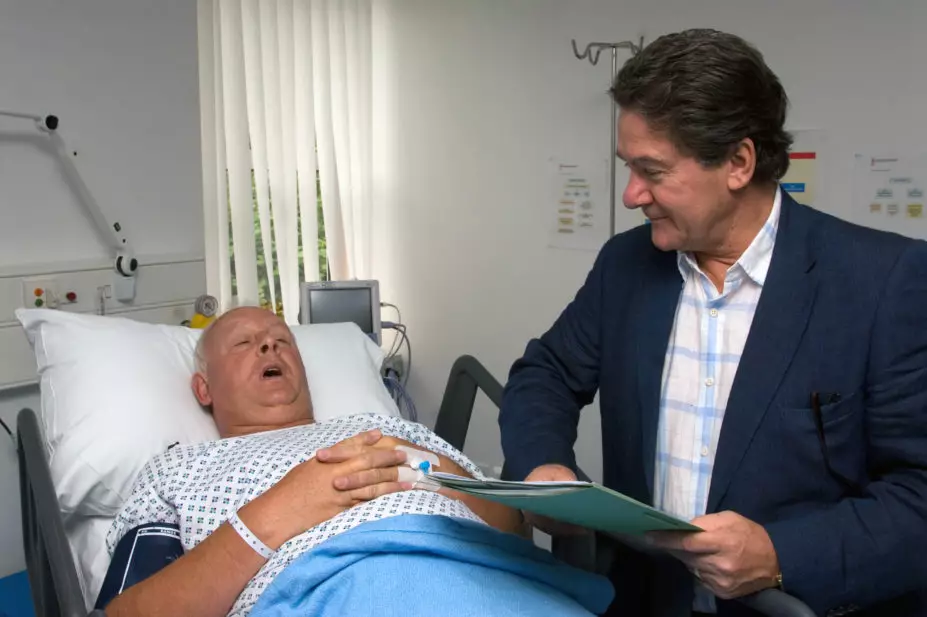
David Taylor / Alamy Stock Photo
Having hospital pharmacist expertise on-hand 24 hours per day in acute medical units would reduce medication errors, say the authors of a review looking at the causes of safety incidents.
The analysis, published on 4 August 2021 in the Journal of the Royal Society of Medicine, found that many medication error reports in acute medical units occurred overnight and the inability to reach the out-of-hours pharmacist was often mentioned as a contributing factor. However, the review looked at data before the NHS published a strategy to increase seven-day working in pharmacy.
The study analysed all of the causes of all patient safety incident reports from the National Reporting and Learning System in England and Wales, between 2005–2015. Of the 168,090 reports analysed, it found that there were 377 incidents in which severe harm or death occurred and, of these, 61 incidents were owing to medication-related errors.
The review’s authors, including researchers from Cardiff University and University College London, concluded: “Medication errors can be reduced by the presence of an additional medical admission pharmacist seven days a week, as this can improve the number of full medication histories taken on admission.”
They added that “discontinuity of care” between different healthcare providers commonly led to medication errors, and that wider implementation of electronic prescribing systems and an integrated electronic health record could help.
In September 2016, NHS England published its report ‘Transformation of seven day clinical pharmacy services in acute hospitals‘, which linked the limited availability of patient-facing hospital pharmacy services outside of “normal hours” to patients missing doses of important medicines and low levels of medicines reconciliation.
However, the most recent NHS data show that — despite some increases in the availability of pharmacy services during the week in England — there are still gaps, particularly at weekends, with Saturday staffing at 19.8% of weekday staffing and Sunday staffing at 15.8%.
A 2016 report by the Auditor General for Wales, ‘Managing medicines in primary and secondary care‘, found that while more than nine out of ten Welsh hospital wards had a visiting pharmacy team, “only 5% provide this seven days a week”.
In its manifesto ahead of the May 2021 parliamentary elections, the Royal Pharmaceutical in Scotland stated that pharmacy needs funding and resources to provide seven-day hospital clinical services, saying that this would reduce variation in patient care and improve patient safety. But the Society warned that without “significant” funding, it will be “a challenge to develop 7-day clinical and specialist services to meet the 24/7 need in hospital”.
Alice Oborne, consultant pharmacist in safe medication practice at Guy’s and St Thomas’ NHS Foundation Trust and a researcher in medicines safety at Kings College London, said that the study mirrored data her team had found.
“Data we have published from a medical post-take ward round pharmacy service found pharmacists frequently had to correct doses, initiate drugs and, less frequently, stop drugs,” she said.
She added: “The rate of error described here may not reflect current rates of medicines errors due to the voluntary nature of reporting of medicines errors and reliance on awareness of an error occurrence; on the other hand, current systems more widely used now, such as Electronic Prescribing and Medicines Administration and Med Rec, may make medicine errors more visible whilst reducing the rate of error.”
You may also be interested in

‘No evidence’ that paracetamol use during pregnancy causes autism, ADHD or intellectual disabilities, meta-analysis finds

Levetiracetam information updated to include studies that suggest no link to autism
